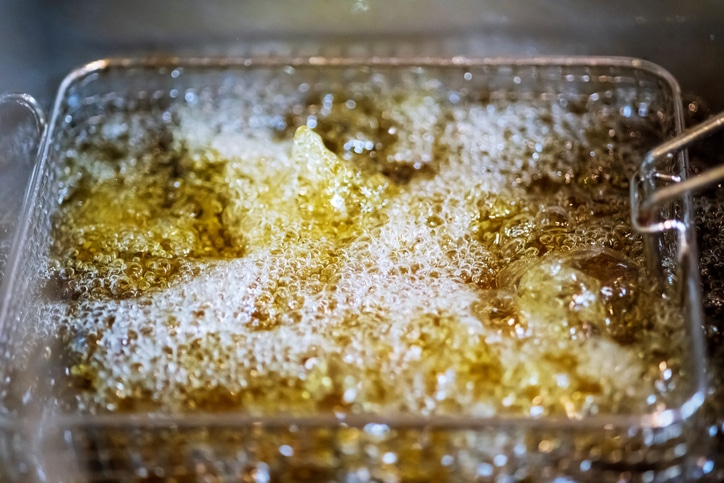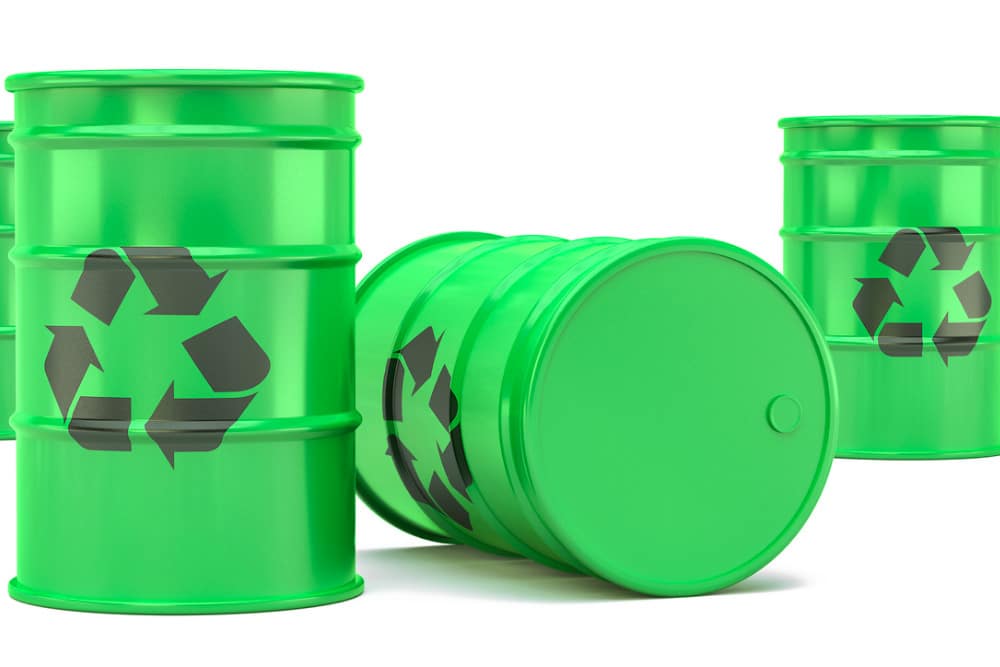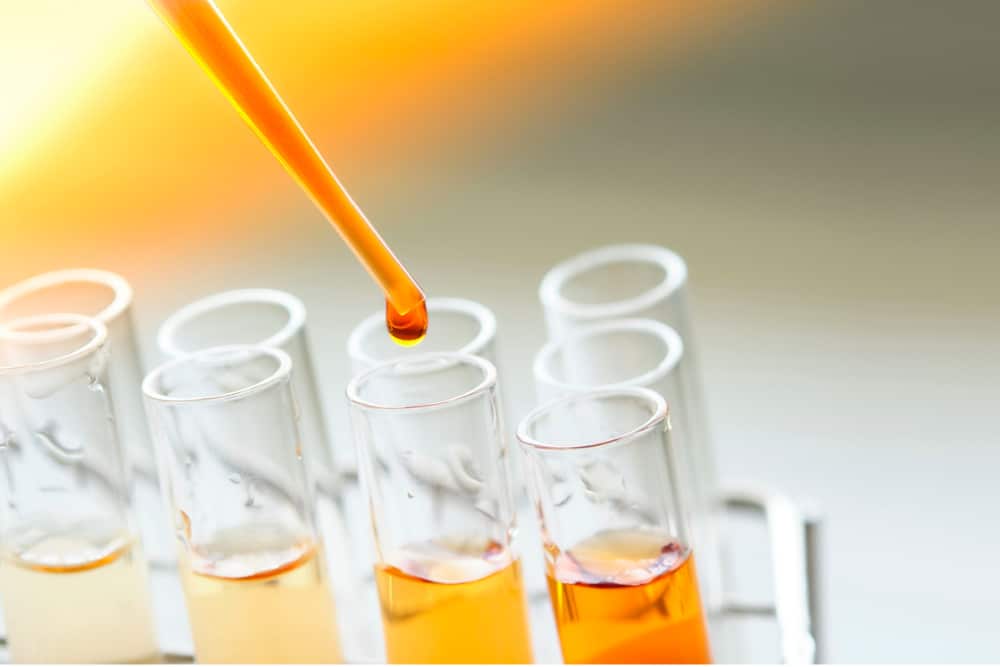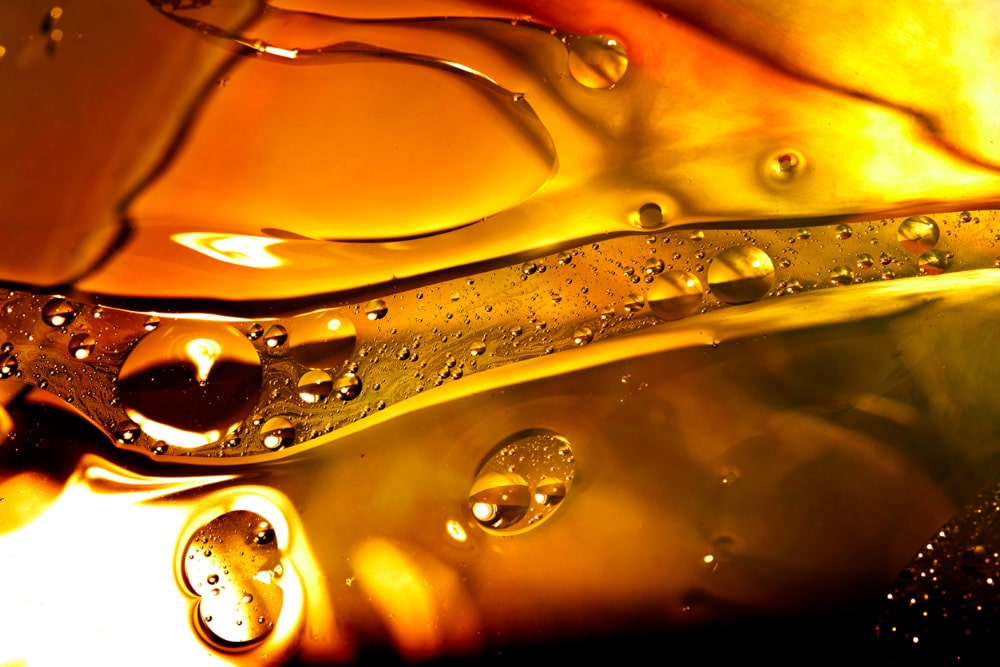Whether you are creating heat and serve meals that are sold in grocery stores or vegan meat substitutes for restaurants and consumers to grill up, your biggest question will be the same: what do you do with all of those residual substances leftover after your product is created?
Don’t Dump It
Before we get into the do’s, you should take note of the one big don’t, and that’s dumping these by-products down drains or disposing of them in any other unauthorized ways.
For used vegetable oil, not even the smallest amount should be poured down any drain. Doing so will do serious damage to pipes. Over time, dumping used oil down drains will make it accumulate into a disgusting mass called a fatberg.
As for animal fat, the US Environmental Protection Agency has guidelines that advise against the dumping of these.
In a nutshell, you shouldn’t dump animal fats, whether in a landfill or compost bins. These can be toxic and create other toxic substances, stink up the area, and destroy the breeding grounds, food supplies and habitats of wildlife. The better way to deal with animal fats and other parts of any animal you process, such as the skin, bones, blood, and organs, is to render them together to produce a larger volume of animal fat.
Another good reason for not dumping these products? You could be throwing money down the drain—we will talk more about this later.
Reuse the Oil

An environment-friendly and cost-saving option is to reuse your vegetable oil or animal fat for cooking or processing food if it is in regulation with health and safety standards, of course. This may seem like an unhealthy or unethical measure, but it’s practiced by many restaurants.
Vegetable oil can be reused, especially in deep-frying but it can only be done after filtering and straining the oil for impurities after each use.
Keep in mind that oil can only be reused a limited number of times. Cooking oil degrades with each succeeding use, its smoking point is lowered, and the taste of what was last cooked in it sticks to the oil.
If you produce high volumes of a certain type of food such as chicken patties, you probably already have processes in place to help reduce vegetable oil waste.
Note: Please check guidelines and food safety laws before implementing practices to reuse oil at your facility.
Recycle after Reuse
When recycling unwanted animal fat and used vegetable oil, you can prep the material first.
Once you have a bulk batch of vegetable oil (also known as yellow grease) that you’re ready to recycle, put it into an approved container and contact a company that specializes in used oil pick up, transportation and recycling.
Why not do this yourself? First of all, it will be extremely time consuming and there are a ton of health and food safety laws and regulations to abide by when handling yellow grease.
You want to make sure that your method of disposing and recycling unwanted products is in compliance so that you don’t put anyone or anything’s health and safety at risk.
Learn More About Disposal and Recycling with GF Commodities
Oil & Fat Recycling: Things You Should Know
North America recycles around 56 billion pounds of inedible meat products and used cooking oil each year. 2.3 billion pounds of by-products come from retail butchers and supermarkets. 4 billion pounds of used cooking oil are collected from food service establishments and 49.7 billion pounds are from growers and meat processing plants.
UCOs are mostly utilized as a major component of making biofuel, namely renewable diesel and biodiesel. Compared to conventional petroleum-based diesel, bio-diesels are significantly more environment-friendly, as they reduce carbon emissions by 85%.
The production of biodiesel also creates valuable products, such as glycerin, a vital ingredient in making soap, shampoo, lotion, and some cosmetic products. The production of renewable diesel yields other things too like renewable butane, propane, and naphtha – a component of varnish, paint thinner, and plastic.
Animal fat can also be used to make biofuels and more. They can be used to produce fertilizer, pet food, animal feed, gelatin, toothpaste, candles, laundry detergent, fireworks, tattoo ink, and many other household and commercial items.
There isn’t too much of a difference when it comes to recycling vegetable oil and animal fat.
UCO and animal fat used to be ordinary runoff that caused sanitary and environmental headaches for big cities and the surrounding countryside. What was considered useless and potentially harmful have now found new life as a possible added income stream thanks to technological advancements in sciences like chemical refining and renewable energy.
If your food manufacturing business uses a lot of cooking oil or animal fats or both, you no longer have to worry about finding ways to dispose of the “leftovers” properly and can reduce your legal liability.
After you are done with the cooking oils and animal fats, sell them in bulk to a trusted company with an established reputation, the right equipment, and the expertise to get the job done at a time that is convenient for you.
GF Commodities can handle those unwanted used vegetable oils and animal fats. Whether it’s yellow grease, brown grease, white grease, corn oil, soybean oil, tallow, or poultry fat, we can collect it all with our nationwide transportation network.
We can also supply you with staged, temporary, or permanent tankers for truly hassle-free handling and collection of your waste, and you will never be hit with any service fees for transportation!
Do you have an excess of used cooking oil or animal fat that you need disposed of? Call Dan Kozubek at 816-812-8685 and turn your waste by-products into big bucks!




Do you have service around Boston, MA?
Do you serve any municipal programs where residents can drop off their used vegetable oil & fat at a city drop tank?
Thank you for your important service!